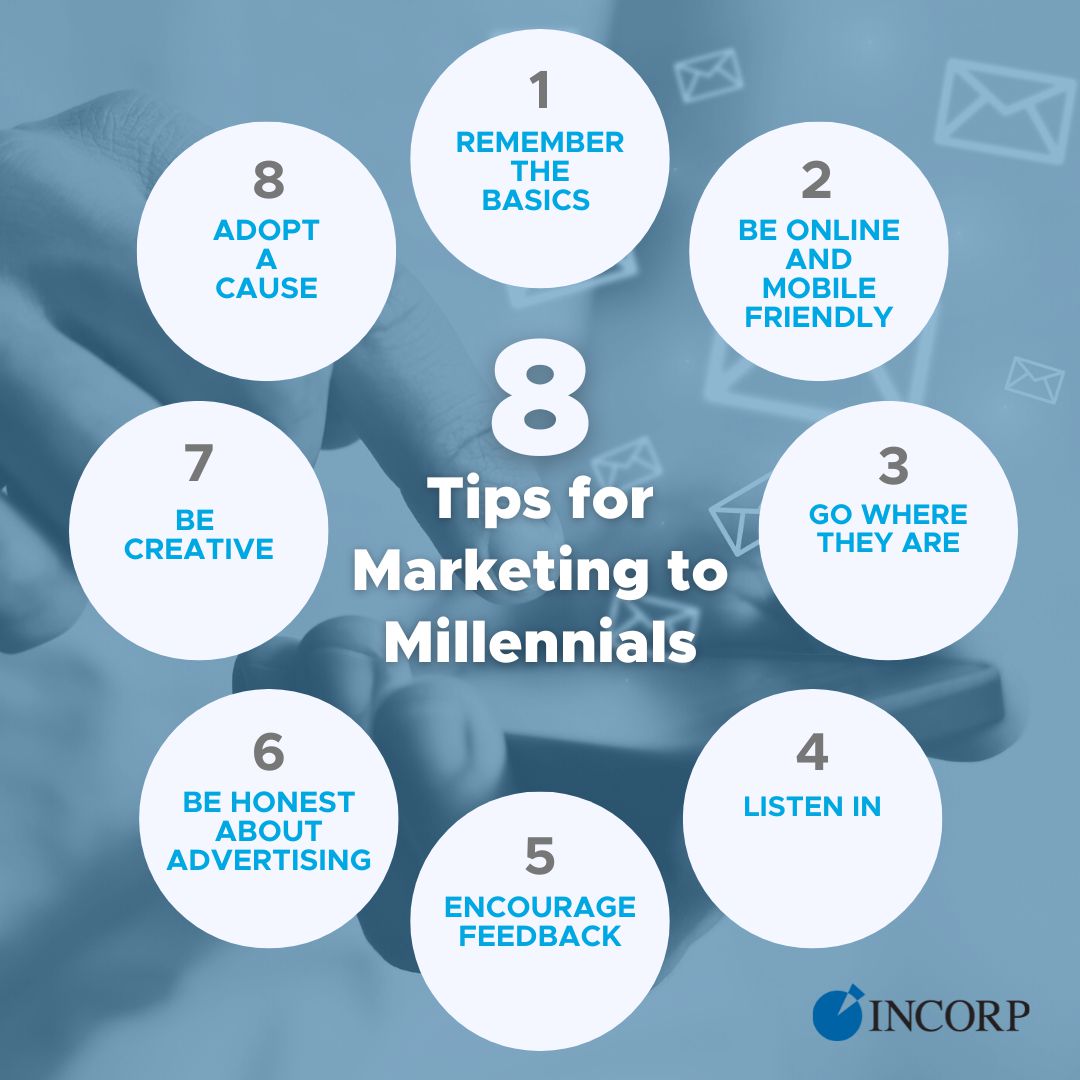Stay in the know!
Join our newsletter for special offers.
For all the publicity that baby boomers have received in recent years, did you know that they are not the largest generation? In fact, millennials (also called Generation Y) not only outnumber them but actually comprise about 25 percent of the U.S. population. Depending on which beginning years you use (1977 to 1982) and which ending years (1995 to 2000), there are between 80 million and 86 million people in this cohort, with about $200 billion worth of annual purchasing power. *
Millennials are now reaching their peak earning and spending years--purchasing houses, cars, supplies for their young households, and of course, lots of electronics. In order to take advantage of this huge market, it's important for businesses to know how they think so they can effectively market to them. Here are a few research-based suggestions:
Although there are many differences between millennials and consumers of other generations, the same elementary marketing rules apply: sell a product or service that gives them value for their money and find ways to differentiate your company and/or its products from competitors. No secret formula for selling to millennials will override these basic principles.
Because millennials are connected 24/7 on mobile devices, your website needs to be optimized for mobile and can easily take orders with as few keystrokes as possible. One recent survey showed that more than 50 percent of millennials use their smartphones to research products or services while shopping.* If you can afford it, develop an app to make it easier for consumers to get information and buy products using mobile devices.
Make sure your company is connected on social media. At the very least, develop and maintain a Facebook page and Twitter/X account if you want to be seen and heard in their world. Do some research to see if Pinterest, Instagram, or YouTube would also be helpful tools for marketing your product or service.
Pay attention to the social media conversations taking place about your company or your product. You can do this by signing up for Google Alerts, which notify you when your company is mentioned online, or by using any of the most popular search engines to check for references to your company or product. Knowing what's being said about you not only helps you find ways to improve, but it also lets you join the conversation — respond to complaints, ask for more details, thank people for compliments, etc.
Millennials appreciate two-way communications with companies. Give them an opportunity to rate your products, ask questions, and share your page with friends. Maintain places on your website and Facebook page where visitors can leave messages, and then make sure someone responds to them quickly.
Millennials grew up in the Advertising Age and can sniff out an ad when they see one. Attempting to camouflage it as a news story or third-person article will only make you lose credibility.
If you want your product to be talked about and shared on social media, try thinking outside the box with unexpected ideas and lots of visual elements. However, remember to include the basics, such as the features of your product and how it's better than the competition. Otherwise, sharing it on social media won't translate into an increase in sales.
Millennials enjoy supporting companies that make a positive difference, either in their community or in a larger setting. Make sure to let them know if you sponsor a tree-planting day, switch to using 100 percent recycled packaging, or encourage employees to volunteer at an at-risk school. It may tip the scales in your favor when they're deciding which company to buy from.
Millennials constantly communicate with each other online, whether by tweeting, instant messaging, or using Facebook. This can be good news or bad news for businesses selling to them. If they have a great experience, they're likely to let everyone in their social media circle know about it, but the same thing applies if they don't receive good service or they're dissatisfied with a product.
For more information on millennials, including survey results, see:
American Millennials: Deciphering the Enigma Generation - Report based on research conducted by Service Management Group, The Boston Consulting Group and Barkley.
Join our newsletter for special offers.
